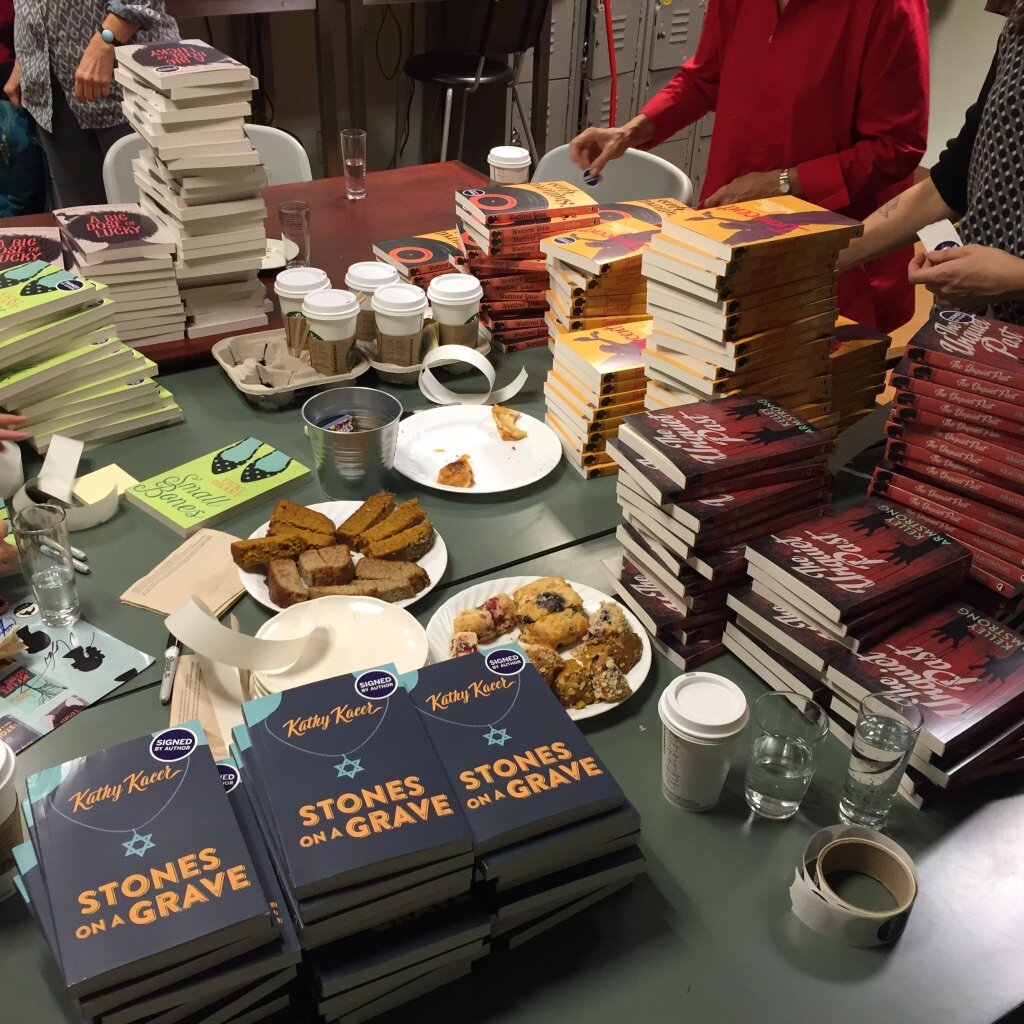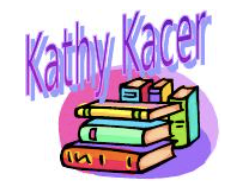
INFO FOR ADULTS AND EDUCATORS
For Adults:
I love speaking at book clubs and other author events. I talk about my background as the child of Holocaust survivors and my writing process. I talk about the lessons I've learned from the many Holocaust survivors I've met and interviewed for the books I've written. And I talk about my stories and their evolution from concept to finished book.
For Educators:
Click for information about school visits, or contact me. In addition, here are some projects, assignments, and discussion questions for your students. Some are general and could apply to any of my books. Some are specific to certain books.
1. If you were forced to suddenly leave your home, what ten things would you take with you? From that list of ten, now pick the five most important things. From that list of five, pick the three most important. From that list of three, what is the most important thing you would take?
2. "Righteous among the Nations" is the phrase used for those gentiles (non-Jews) who risked their lives to help their Jewish friends and neighbours during the Holocaust. Many of these individuals have been honoured at the Yad Vashem museum in Jerusalem. Have students find out information about one or more of these brave individuals. Here are just a couple of names to get you going: Irena Sendler, Jersy Kozminski.
3. What qualities do we look for when we chose our "leaders" – those in positions of power? Sometimes the same qualities of leadership can lead to good or to evil. Choose examples in history of leaders who have used their power for good, and those (other than Adolf Hitler) who have used their power for evil purposes.
4. Jewish people have often been described as having been "scapegoats" during the Second World War. Have students research the origin of the word "scapegoat." See if they can come up with examples other than Jews of "scapegoats" in history.
5. Have students make a list of what they consider to be basic human rights to which everyone who lives in a free society should be entitled. Compare this with the human rights that were denied to Jewish families during the Holocaust.
6. Imagine that you are a 12-year-old Jewish child who has the opportunity to escape from one of the Ghettos where you and your family have been imprisoned. What are the fears and obstacles facing your decision to leave? Would you flee without your family or friends? Have a discussion about individual safety versus family or communal responsibility. (Adapted from The Simon Wiesenthal Centre, 1998)
7. Imagine yourself as a gentile (non-Jew) observing a Ghetto from the Aryan side. An escaped Jew approaches. Would you give food, offer to hide the person, run away, or call the authorities to turn this person in? What are the many factors that you would take into consideration in making your decision? (Adapted from The Simon Wiesenthal Centre, 1998)
8. The Underground Reporters is based on the theme of "writing as a form of resistance." Ruda Stadler tells the young people of Budejovice that they can use their words in a powerful way to "speak up" at a time when rules are introduced to restrict the freedom of Jewish people.
Based on this theme, have students create their own newspaper. Decide on the important issues that you want to have reflected in your paper – important issues in your community, or your school. Create a name that illustrates the theme of your paper. Pick an editorial team and assign responsibilities for articles to other students. Include an editorial, poems, artwork, a sports page, and whatever else is important to your students.
9. In Clara’s War, Jacob decides that he will participate in an escape from Terezin rather than stay there to await his fate. If you were imprisoned in a work camp, would you stay, or would you try and escape? What factors would you consider in making this decision?
There are resource guides available for several of my books. Here are the links. You can download them at no cost.

